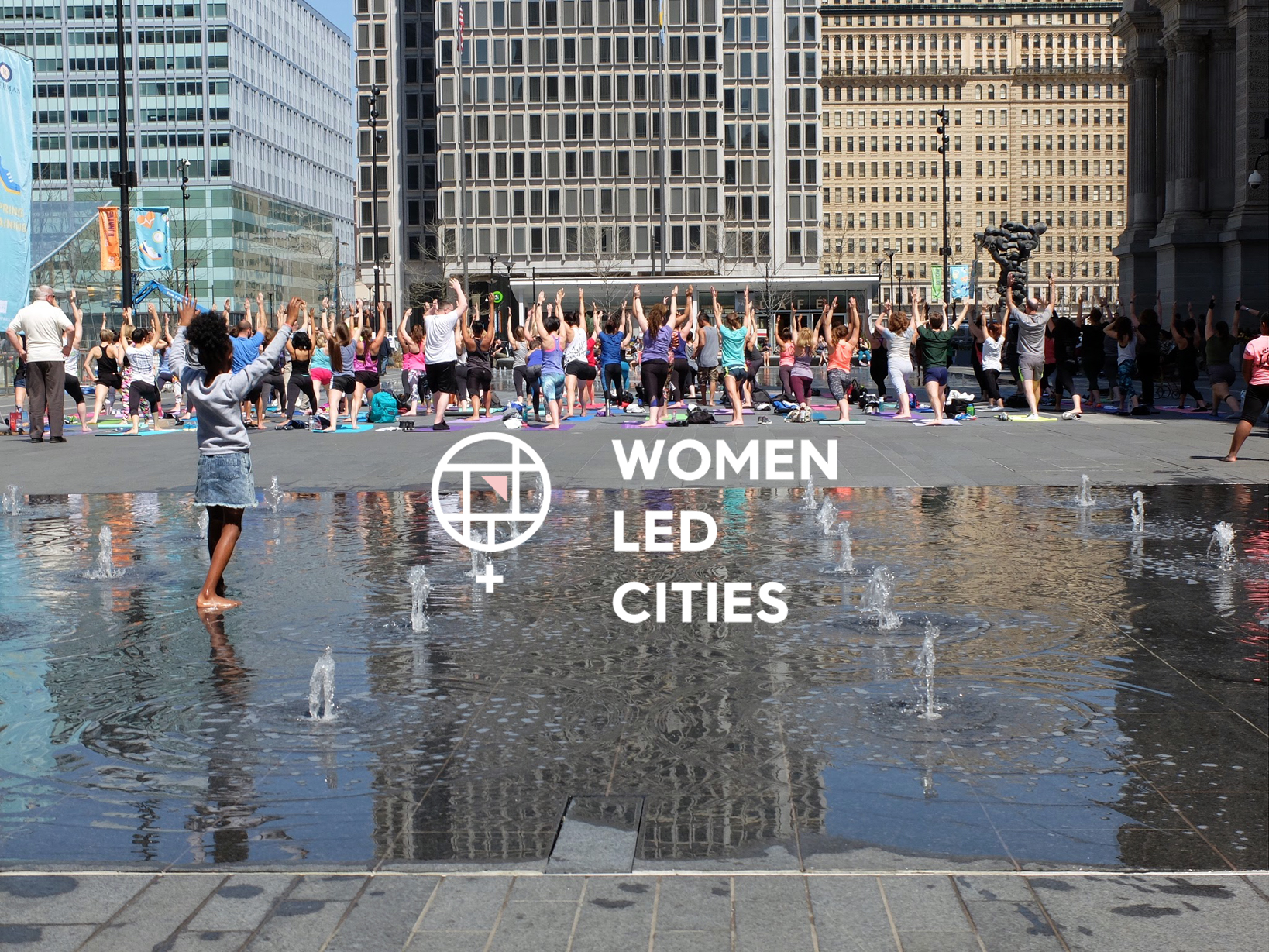Women Led Philly: The Inaugural Gathering of the Women Led Cities Initiative
This inaugural working conference of The Women Led Cities Initiative will bring together women working in all areas of urbanism to connect, collaborate, and start the conversation around a feminist city for all.
Leader
Katrina Johnston-Zimmerman
Location
30 South 15th Street Philadelphia, PA 19102
About the project
Even with recent gains in female representation in fields like architecture and city government, the fact remains that the city, as we know it today, has been designed and shaped primarily by men. By bringing women’s voices to the forefront of the urban discussion, the Women Led Cities Initiative aims to achieve a greater level of equity in urban planning and design - both bottom-up and top-down - and start conversations about developing feminist city policy towards greater equality for all people in our cities.
This inaugural working conference will bring together women from a variety of urban fields - from urban planning to policy, arts to social science - to establish goals, share information and experiences, and start the conversation toward what a women-led Philly would really be. Over the course of two days, 20-30 women will deconstruct the issues faced by women working in these fields and reconstruct an action plan to bolster respresentation, power, and each other, beyond the conference itself. This will culminate in a public panel open to everyone in an effort to share the results of the prior day and to start a dialogue with the city at large.
Following the event, a sumary report will be made available for free online, and an online platform will be developed to keep track of the cohort's progress.
Overall, we plan to:
1. Expand the conversation through evidence-based research, thought leadership, and speaking up in print and in person.
2. Create a program of working conferences and open-source programming that can be implemented in any city to start the process of being women-led.
3. Provide a platform for women working worldwide to make our cities better by and for women and girls, in an online format and eventual international conference.
Visit https://www.womenledcities.com/ for more information on our project!
The Steps
- Finalize and print materials for the conference's exercises (Februrary)
- Place catering order for breakfast and lunch for conference attendees (Februrary)
- Book location for public facing panel event (Februrary)
- Seek additional sponsorship and confirm media partners (February)
- Create materials to advertise public facing panel event (February)
- Host the Women Led Philly inaugural gathering (March)
- Synthesize notes and takeaways from gathering (April)
- Create and publish open-access report of women-led city principles and action items (April)
- Create online platform for continued conversations and connectivity for conference attendees (April)
- Adjust event programming based on evaluations for the purposes of replication in other cities (April)
Why we‘re doing it
More than just an inequity in representation, this is an issue in inequity in design - which impacts how women and girls live, travel, and thrive in our urban environments. In all that we do, we are guided by the following values:
A feminist city is a humanist city
If you plan for women and girls, you plan for everyone. This simple concept is hard to deny - if there’s a lack of representation, there’s simply a lack of planning for that group of people. We need more women in positions of influence leading the way we design and manage our cities.
We cannot be what we cannot see
Most major publications and appearances at urbanist conferences include less than 50% women. Women are underrepresented in leadership from city government to private companies. But women are in these fields in increasing numbers and have a desire to lead. We need greater representation of women in our cities as a visible reminder of what can be achieved.
Intersectional feminism for intersectional urbanism
More than gender, this initiative is intersectional in all that it strives to do. This initiative strives to raise the voices and promote power for all women including all ethnicities, ages, identities, experiences, abilities, incomes, and education levels. We believe that one woman will not have all the answers, and that we are better for our combined experiences and mutual support.

